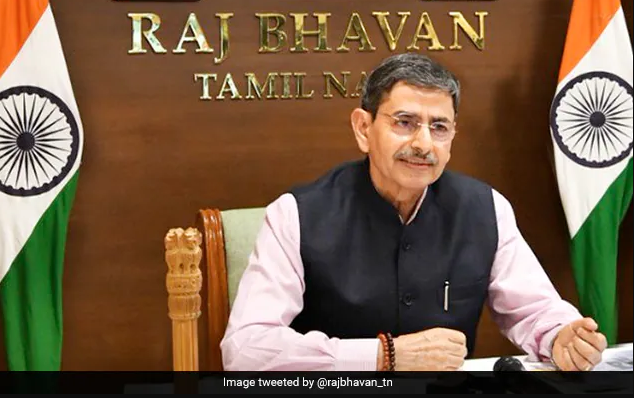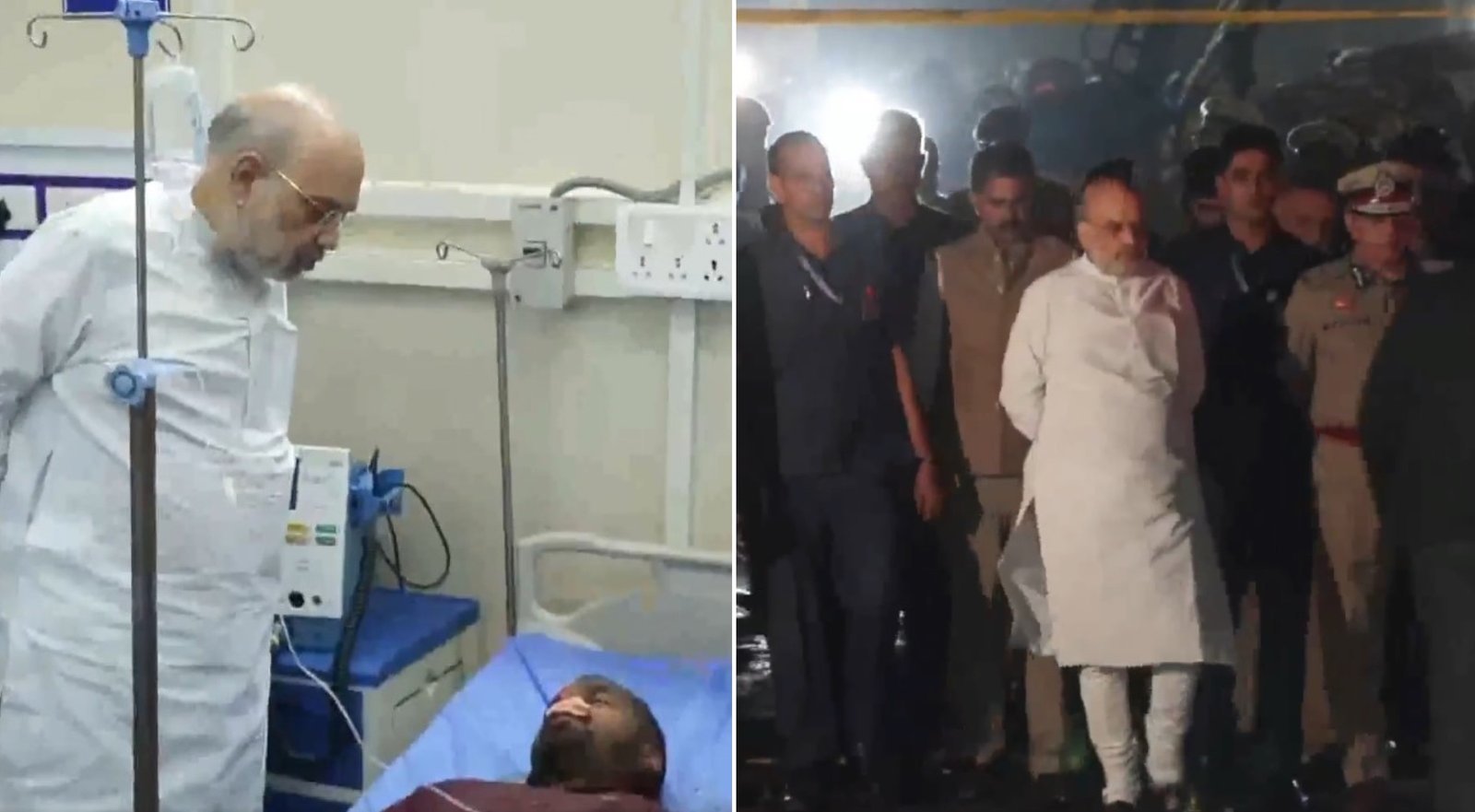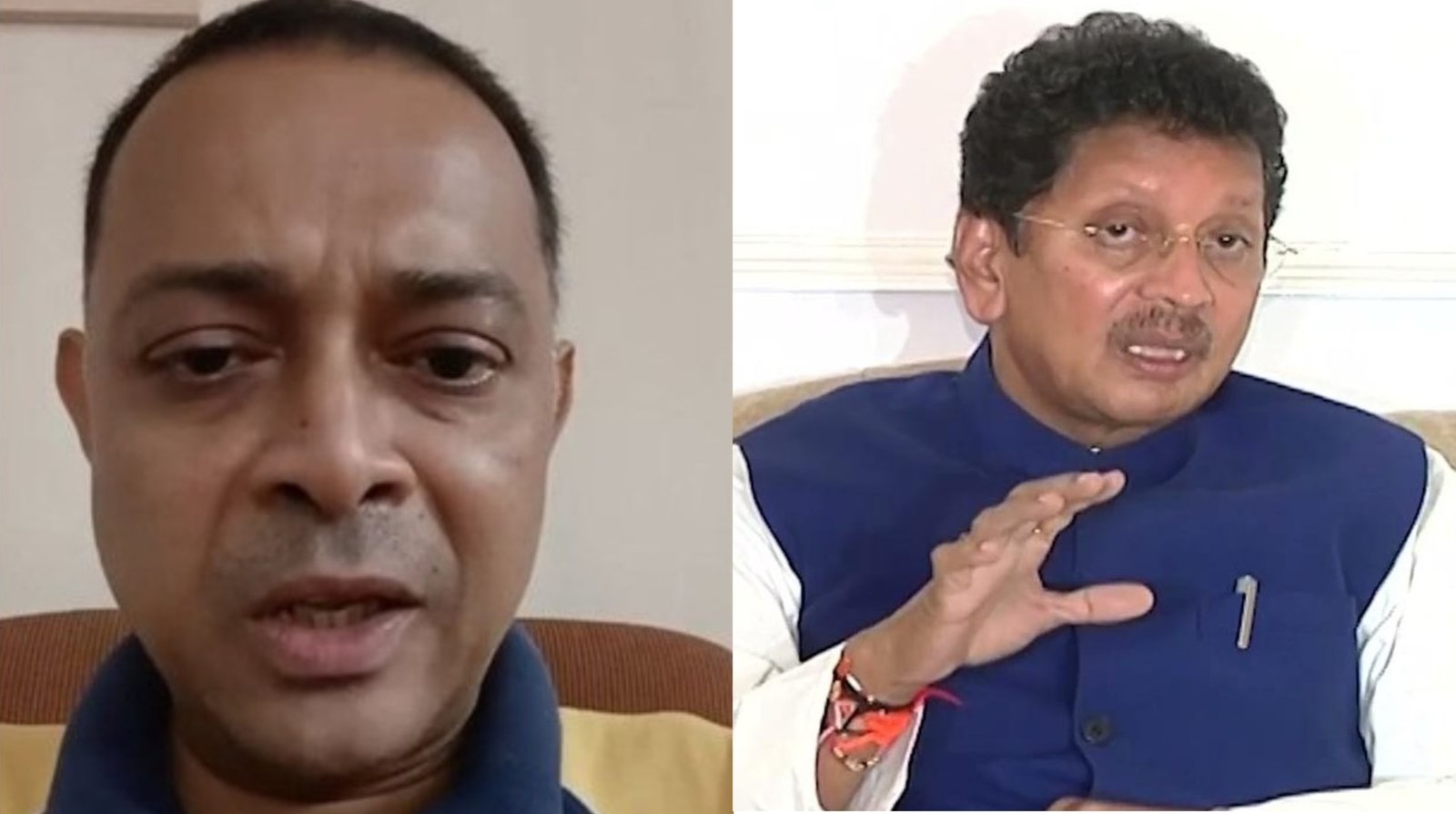Supreme Court questions Tamil Nadu governor's handling of legislative bills
- EP News Service
- Feb 08, 2025

Tamil Nadu Governor R.N. Ravi
NEW DELHI: The Supreme Court has recently raised concerns about Tamil Nadu Governor R.N. Ravi’s handling of bills passed by the state legislature. A bench comprising Justices J.B. Pardiwala and R. Mahadevan expressed dismay over the Governor's approach, questioning why he had adopted a procedure that appeared to go against the Constitution.
The bench remarked, “He (the Governor) seems to have adopted his own procedure. He says, ‘I withhold assent, but I will not ask you to reconsider the bill.’ It does not make sense to keep withholding assent and not send it to the legislature, thereby frustrating the provision of Article 200.” This statement highlights the growing tension between the state government and the Governor’s office, with the Supreme Court scrutinizing the role of the Governor in state affairs.
The court raised several crucial questions, including whether the Governor has the authority to withhold assent repeatedly after the legislature re-passes a bill and whether the Governor’s discretion to present a bill to the President is limited to specific matters. The bench also took issue with the fact that the Governor took over three years to declare he was withholding assent to certain bills and referred some of them directly to the President.
In addition to these concerns, the court noted that withholding assent without returning the bills to the legislature frustrates the provisions of Article 200 of the Constitution. This article requires the Governor to either give assent or return a bill for reconsideration by the legislature. The court emphasized that merely withholding assent without further action undermines the legislative process.
The Attorney General, representing the Governor, argued that the Governor had not sent the bills back to the legislature for reconsideration but only declared that he was withholding assent. The state government, represented by senior advocates including Rakesh Dwivedi, Mukul Rohatgi, and Abhishek Singhvi, has filed petitions against this practice, with the case highlighting the ongoing tension between the Tamil Nadu government and the Governor’s office.
This case also follows a previous ruling by the Supreme Court in November 2023, which clarified that a Governor cannot indefinitely withhold approval for bills passed by the Assembly. The court’s scrutiny in this matter builds on that precedent, questioning the validity of the Governor's actions and the impact on the legislative process.
The Supreme Court is set to continue hearing the case to clarify the extent of the Governor’s discretion under Article 200, with the potential for far-reaching implications for the balance of power between the state and the Governor’s office. This case is expected to set a significant precedent for future interactions between state legislatures and Governors across India.
As the legal battle progresses, the tensions between the Tamil Nadu government and Governor R.N. Ravi remain at the forefront, raising key constitutional questions about the role and power of the Governor in state affairs.











Reporter
Crisp, and to the point news coverage from India and around the world.
View Reporter News